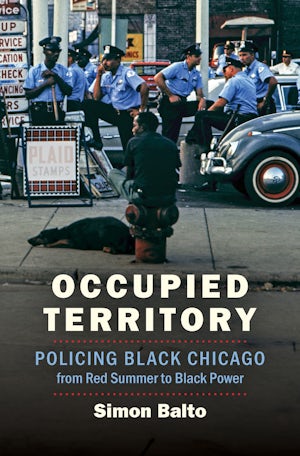[We have the following announcement of a research fellowship in the field of European Administrative History.]
JEV-Fellowship for European Administrative History
At the end of 2012 Prof. Dr. Erk Volkmar Heyen, who served as Professor of Public Law and European Administrative History at the Ernst-Moritz-Arndt University of Greifswald until his retirement and as editor of the "Jahrbuch für europäische Verwaltungsgeschichte/Yearbook of European Administrative History" (JEV), which ran from 1989 to 2008, endowed a research fellowship in the field of European Administrative History ("The JEV-Fellowship for European Administrative History"). The fellowship falls within the framework of the German University Foundation (Bonn, Germany).
The scholarship is intended to benefit the next generation of scientific researchers, particularly doctoral and post-doctoral students, to enable them to complete their research project in as brief a period as possible, ordinarily up to a maximum of 6 months. The scholarship is based on the usual rates for doctoral fellowships of the German Research Foundation (DFG). Should a fellowship be awarded to a researcher outside Germany, local scholarship rates will be taken into consideration. Marital status will not be taken into account, nor will travel or overhead costs be reimbursed.
The Board of the German University Foundation awards the fellowship based on the recommendation of a jury, which is based at the Max Planck Institute for European Legal History (MPI) in Frankfurt.
Early stage researchers from Germany and abroad are invited to apply. In accordance with the thematic and methodological spectrum covered by the JEV, the scholarship is open to all historical disciplines, provided the research project addresses an aspect of European administrative history or history of administrative law from the sixteenth to the twentieth century. The relevance of the research topic should not be restricted to a particular national context. Comparative research questions are particularly welcome.
Applications for a scholarship commencing in January 2020 can be submitted until 30 September 2019. Applications in English or German should be sent in electronic form to: Priv.-Doz. Dr. Peter Collin, collin@rg.mpg.de. The application, which must also indicate the intended duration of the fellowship, should include: a tabular CV with details on the nature and course university education with copies of examination results and diplomas to be enclosed, a list of scientific publications, where applicable; a detailed description of the research project including a detailed outline, a detailed report on the current state of the project and writing progress, including the reasons for any delay in its completion; extensive excerpts from the manuscript; information on the project's previous, current and planned financing arrangements; a precise timetable to complete the manuscript within the duration of the fellowship. Furthermore, at least one expert opinion on the research project and a personal reference from a university lecturer are to be submitted directly to the jury.
The MPI provides fellowship recipients with the opportunity to work in its library. Fellows are given the opportunity to present and discuss their research projects with members of the Institute. Upon expiration of the fellowship, the recipient is to submit a report on the status of the manuscript. The MPI provides for the publication of the manuscript in one of its book series, assuming it meets internal and scientific standards. The book is to acknowledge the support provided by the "JEV-Fellowship for European Administrative History" in the masthead or in the preface.
--Dan Ernst















